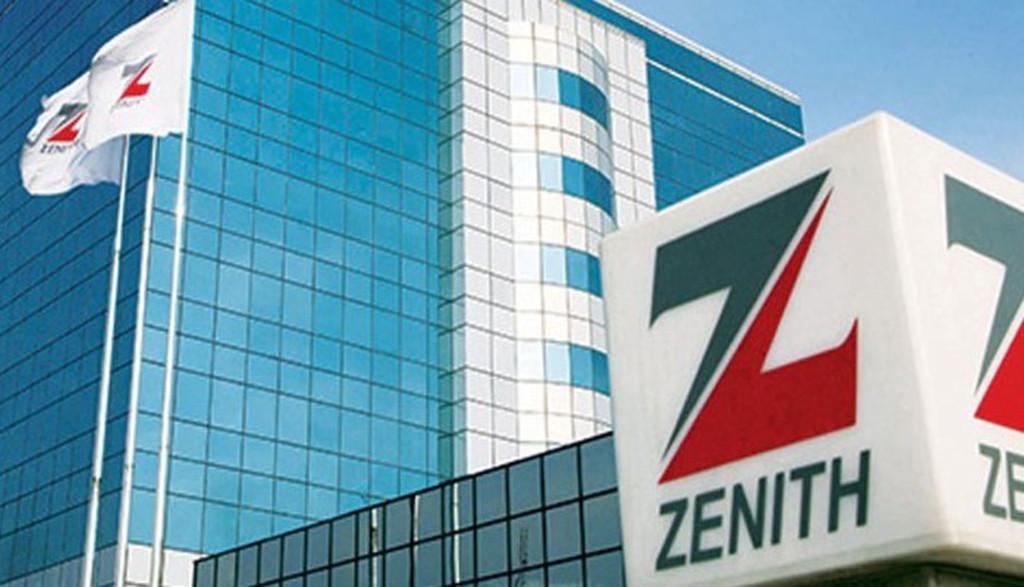The Forex Crisis and Its Grip on Nigeria
The forex crisis in Nigeria is wreaking havoc on businesses, leaving manufacturers, small enterprises, and investors in disarray. The liberalisation of the foreign exchange market in 2023, coupled with the removal of fuel subsidies, has turned into a whirlwind of economic challenges. For many, this marks a critical juncture in the nation’s economic story.
The chairman of the Ogun State chapter of the Manufacturers Association of Nigeria, George Onafowokan, said 16 major manufacturing firms had incurred cumulative losses amounting to N792 billion due to naira devaluation from N460 per dollar in May 2023 to N1,690 per dollar at present.
Join our WhatsApp ChannelThe Human Side of the Crisis
For many Nigerians, the forex crisis isn’t just an economic issue—it’s a daily struggle. Fatima Usman, a small business owner in Lagos, shared her ordeal. “I import raw materials for my business. With the dollar now at over N1,700 in the black market, I can’t keep my prices affordable. Customers are vanishing,” she lamented.
Similarly, Adewale Johnson, a logistics manager, said his company is cutting jobs to stay afloat. “Transportation costs have tripled because of high electricity tariffs and bad roads. We’re forced to lay off workers,” he revealed.
The crisis is also taking a toll on employees. Jumoke Adeyemi, a factory worker in Lagos State, fears for her future. “We hear rumours every day about the factory closing. If it happens, how will I feed my family?” she questioned.
Expert Perspectives on the Forex Crisis
Economic experts believe the forex crisis is a symptom of deeper structural issues. Dr. Chike Obi, a financial analyst, argues that productivity is at the core of Nigeria’s woes. “Nigeria’s over-reliance on oil and declining non-oil exports have crippled its trade balance. We need to focus on productivity and infrastructure,” he explained.
READ ALSO: Forex Crisis Causes 57% Drop In Nigeria’s Letter Of Credit Payments, Impacting Imports, Economy
Similarly, Professor Musa Ibrahim of the University of Abuja highlights the impact of policy gaps. “The removal of subsidies and liberalisation should have been accompanied by measures to support businesses, such as low-interest loans or tax breaks. The absence of such interventions has aggravated the crisis,” he said.
The Path Forward
The forex crisis has underscored the urgency of reforming Nigeria’s economic structure. Manufacturers are calling for strategic government interventions. Ijeoma Ekene, an entrepreneur in Isolo, emphasises the need for affordable forex access. “We need the government to prioritise manufacturers in forex allocation. Otherwise, more businesses will collapse,” he stated.
Meanwhile, experts advocate for diversification. “Investing in sectors like technology, agriculture, and manufacturing will reduce our dependence on oil and strengthen the naira,” Professor Eze suggested.
For ordinary Nigerians, resilience has become a daily mantra. “We’re just hoping things improve soon. Nigerians are hardworking, but we need an environment where we can thrive,” Usman concluded.
As Nigeria grapples with its forex crisis, the stories of its people and the insights of its experts highlight a shared determination to overcome. Whether through policy shifts, infrastructural investments, or sheer grit, the nation must navigate this storm to secure a more stable future.
Emmanuel Ochayi is a journalist. He is a graduate of the University of Lagos, School of first choice and the nations pride. Emmanuel is keen on exploring writing angles in different areas, including Business, climate change, politics, Education, and others.
- Emmanuel Ochayihttps://www.primebusiness.africa/author/ochayi/
- Emmanuel Ochayihttps://www.primebusiness.africa/author/ochayi/
- Emmanuel Ochayihttps://www.primebusiness.africa/author/ochayi/
- Emmanuel Ochayihttps://www.primebusiness.africa/author/ochayi/

















Follow Us